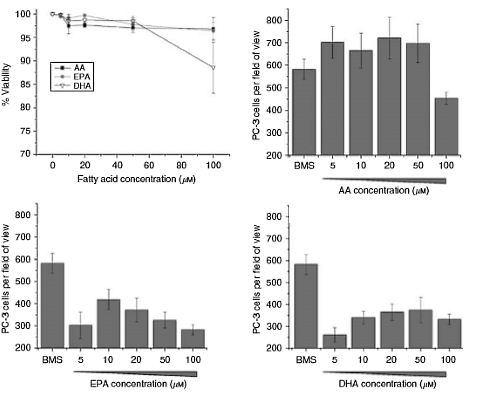|
Definition: "An ergogenic aid is any substance or phenomenon that enhances performance "
|
|
||||||||
28.08.2017 |
|
|
How stress impacts on cancer
If another cancer cell just happens to emerge in your body [and that happens more often than you want to know according to oncologists], the chance of it metastasising increases if you are subject to chronic stress. This has been shown in an animal study that Australian researchers at Monash University published in 2016 in Nature Communications.
Study
The researchers put some of the mice in a plastic tube in which they were unable to move for two hours a day over a period of a month. These are very stressful conditions for mice.
Results
When the stress mice were given the beta-blocker propranolol, which blocks adrenalin, the effect of the stress disappeared. On the other hand, if the mice were given isoproterenol, which imitates the effect of adrenalin, then the effects of stress were stronger.
In the cancer cells stress increased the activity of VEGF, a hormone that induces the body to make blood vessels, and COX2, an enzyme that produces inflammatory factors such as PGE-2.
Deactivating VEGF and COX2 also cancelled the stress effect.
Human study
The researchers had access to data gathered by the European Institute of Oncology in Milan, which showed that women with breast cancer developed metastases less often if they took beta-blockers once they had been diagnosed.
Conclusion
"These findings demonstrate an instrumental role for stress in controlling lymphatic function to impact health, and suggest that blocking the effects of stress to prevent cancer spread through lymphatic routes may provide a way to improve outcomes for patients with cancer."
Source:
More:
Archives:
|
|
|||||||||||||||






